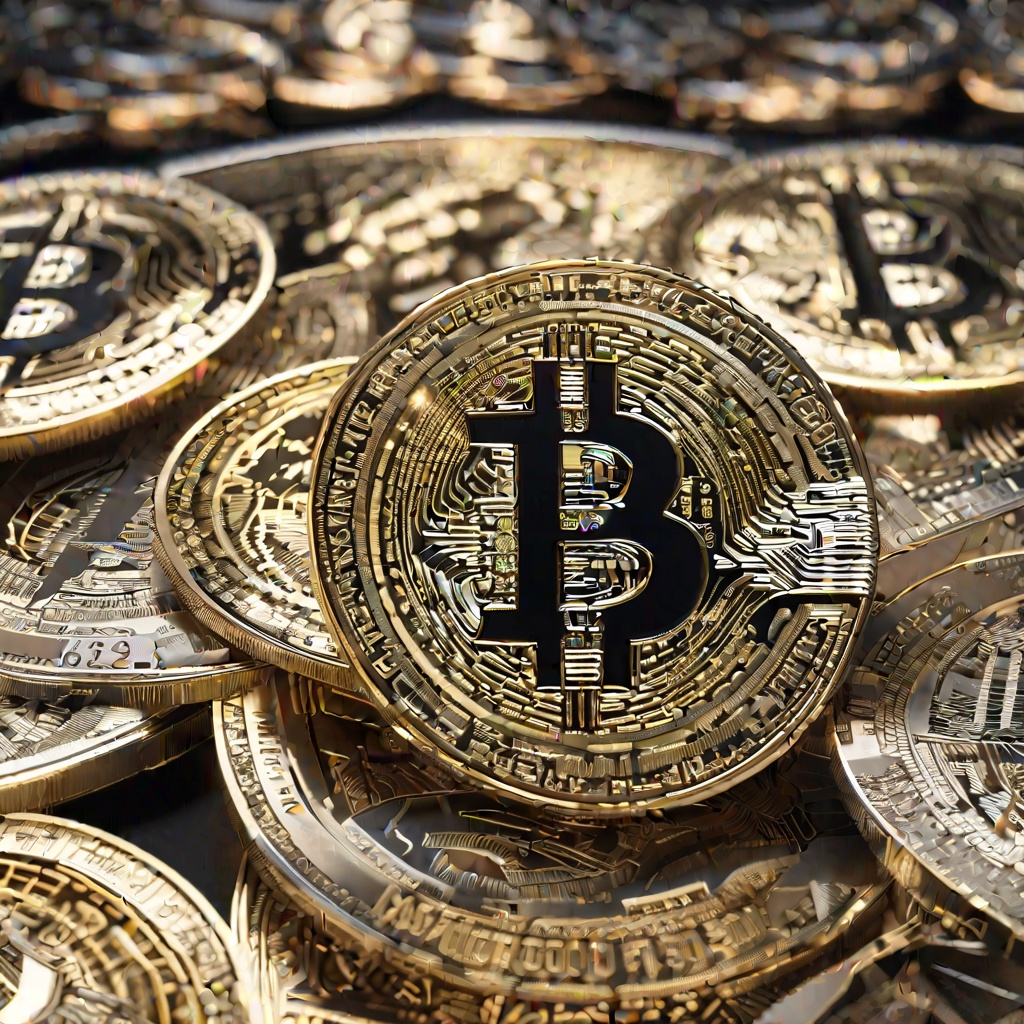Is it safe to accept airdrop?
Is it safe to accept airdrop? This question often arises among cryptocurrency enthusiasts and newcomers alike. Airdrops are a popular method used by projects to distribute tokens or coins to a wide audience, often as a marketing strategy. However, with the rise of scams and fraudulent activities in the crypto space, it's understandable to have concerns about safety. So, the key question is: how do we determine if an airdrop is legitimate and safe to accept? One approach is to research the project thoroughly. Check their official website, social media channels, and whitepaper to understand their mission, team, and tokenomics. It's also crucial to verify if the airdrop is announced by the project's official channels. Moreover, be cautious of airdrops that require you to provide sensitive information such as private keys or seed phrases. These are critical components of your crypto wallet and should never be shared with anyone. Lastly, it's always advisable to exercise caution and proceed with caution when dealing with any type of crypto-related offers. Remember, safety should always be your top priority. So, to answer the question, 'Is it safe to accept airdrop?' - it depends. It's crucial to conduct due diligence, verify the legitimacy of the project, and never share sensitive information. By following these guidelines, you can increase your chances of safely participating in legitimate airdrops.

Is it safe to accept random airdrops?
Could you please elaborate on the safety concerns surrounding the acceptance of random airdrops in the realm of cryptocurrency? Are there specific risks associated with receiving unexpected tokens or coins from unknown sources? How can one ensure the legitimacy and security of such airdrops before accepting them? What measures should be taken to protect personal information and wallet security when considering such offers? Is there a reliable way to verify the authenticity of the sender or the airdrop itself? Finally, what are the potential consequences of accepting airdrops from untrusted sources?

How safe is THORChain?
Could you elaborate on the safety measures implemented by THORChain? How robust are its security protocols? Are there any known vulnerabilities that could potentially pose a threat to users' funds? Have there been any past security breaches or hacks reported? Additionally, how does THORChain compare to other cryptocurrency projects in terms of safety? Is it considered a trustworthy and secure platform for crypto transactions?

How safe is CoinMarketCap?
How secure is CoinMarketCap, really? I've been using it for some time to track crypto prices, but lately I've been hearing rumors about data breaches and inaccuracies. Should I be concerned? Are my investments at risk? What measures does the platform take to protect user data? And how can I verify the information provided on CoinMarketCap to ensure it's accurate and reliable? Is there a better alternative out there that offers similar services with higher security standards? I'd appreciate your insights on this matter.

Is VeChain Wallet safe?
Could you please elaborate on the safety aspects of the VeChain Wallet? I'm considering using it to store my cryptocurrencies, but I'm concerned about potential security risks. What kind of measures does the VeChain Wallet take to protect user funds? Are there any known vulnerabilities or hacks reported against it? Additionally, how does it compare to other popular cryptocurrency wallets in terms of security? I'd like to get a comprehensive understanding of its safety features before making a decision.

